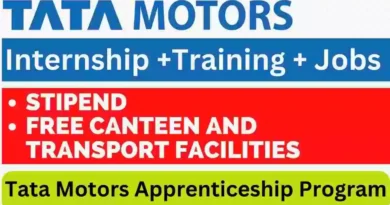Google Cloud Fundamentals for Azure Professionals Core Infrastructure | Free Online Coursera Google Cloud Developer Course
This course introduces you to some of the key ideas and techniques for working with Google Cloud Platform (GCP). You read, and compare, most of the computer and storage services available on Google Cloud Platform, including Google App Engine, Google Compute Engine, Google Kubernetes Engine, Google Cloud Storage, Google Cloud SQL, and BigQuery. You learn about important resources management tools and policies, such as the Google Cloud Resource Manager and Google Cloud Identity and Access Management. Hand labs give you the basic skills to work with GCP.
Note: • Google services are not currently available in China.
The Syllabus
Introducing the Google Cloud Platform
Google Cloud Platform offers four types of services: Computer, Storage, Big Data, and Machine Learning. This study focuses on the first two, as well as the Google Virtual Private Cloud (VPC) network. This module guides students to the basics of the Google Cloud Platform. It tracks the emergence of cloud computing and explains the differences in Google’s performance in it. The module introduces key concepts for the formation of regions and areas.
Getting started with the Google Cloud Platform
GCP clients use projects to plan the resources they use. They use Google Cloud Identity and Access Management also called “IAM,” to control who can do what they can with those services. They use any number of technologies to communicate with GCP. This module covers each of these topics, and introduces a service called Cloud Launcher which is an easy way to get started with GCP.
Visible Equipment in the cloud
Computer Engine allows you to use virtual machines in Google’s global infrastructure. This module covers how Computer Engine works, with a focus on Google’s visual network.
Cloud Storage
All applications need to store data. Different applications and job uploads require different solutions for storing and storing data. This module defines and distinguishes between GCP’s final storage options: Cloud Storage, Cloud SQL, Cloud Spanner, Cloud Datastore, and Google Bigtable.
Filter containers
Containers are simple and usable and enable seamless excellent scaling. Kubernetes is an orchestration layer of containers. Kubernetes Engine is Kubernetes as a service, an awesome managed offering running on Google’s infrastructure. You are directing the build of the collection, and Kubernetes Engine organizes your containers into a collection and manages them automatically, depending on the needs you define. This module explains how Kubernetes Engine works and how it helps to install applications in containers.
Apps in the Cloud
App Engine is a contribution of Platform-as-a-Service (“PaaS”). The App Engine platform manages the hardware and network infrastructure required to use your code. App Engine provides built-in services that require many web applications. This module explains how App Engine works.
Cloud Development, Planting, and Monitoring
Popular development, deployment, and monitoring tools only work on GCP. Customers have tool options in each of these three areas that are closely linked to GCP. This module includes those tools.
Big Data and Machine Learning in the Clouds
Large GCP data offerings and learning tools are designed to help customers get the best of data. These tools are designed to be easy and useful to embed in your applications. This module describes comprehensive learning services and equipment and describes its individual benefits.
Summary and review
This module reviews the GCP services included in this study and reminds students of the differences between them. The module compares GCP accounting services, GCP storage services, and important Google VPC network capabilities
For more Information you can watch the video,
Join our Community for daily updates of Courses, Internships, Scholarships, Campus Drives, Free Mock tests, and Free Courses coupons…etc.
Also, Checkout this Computer Free Certificate




